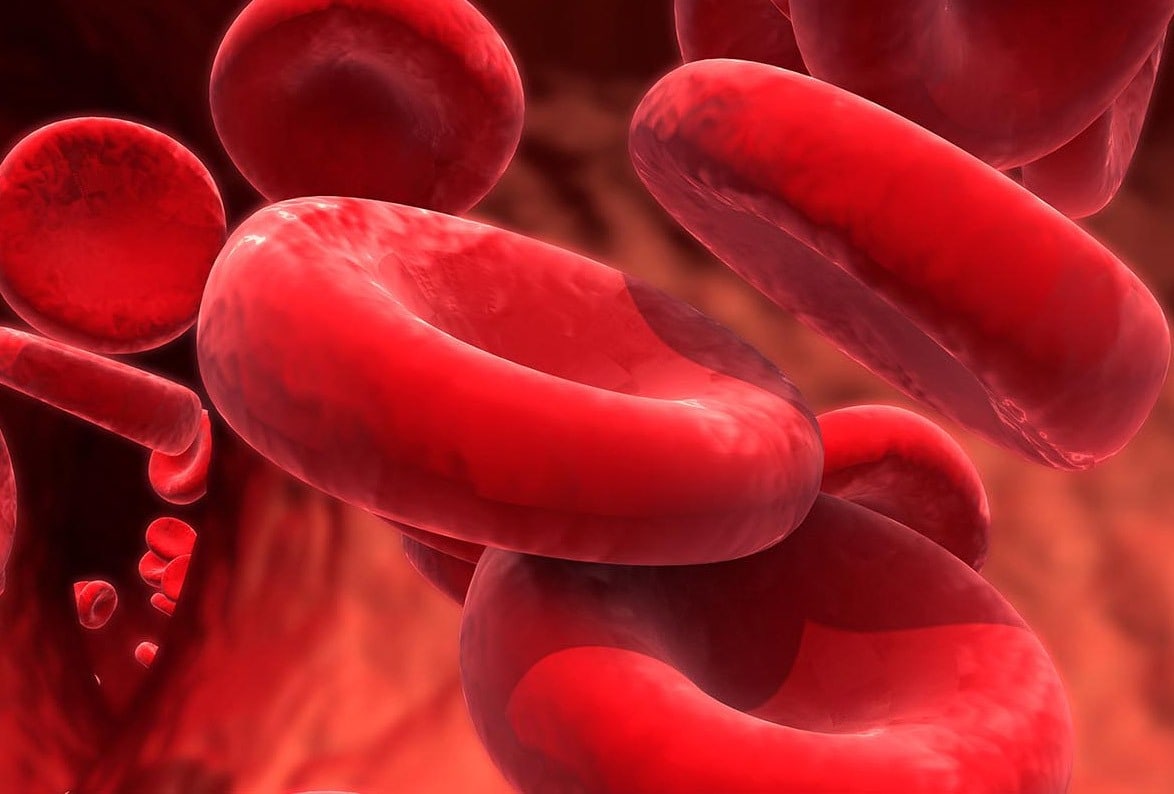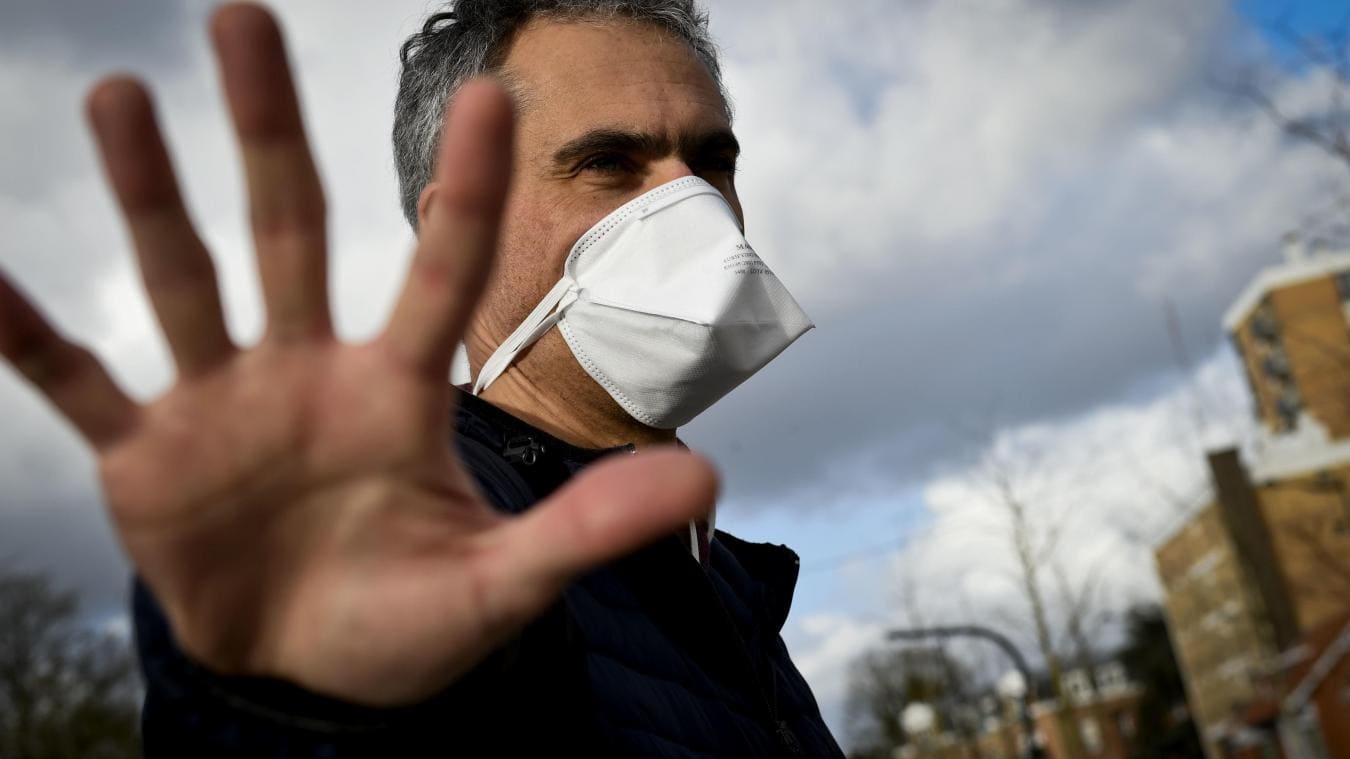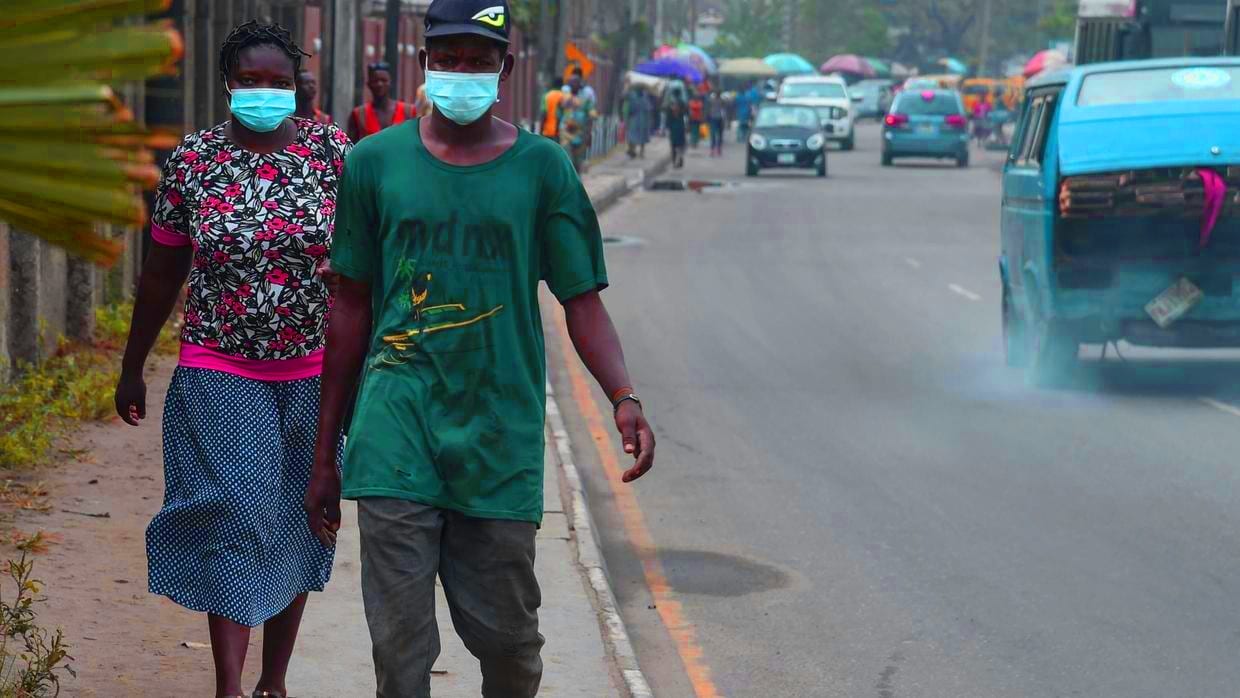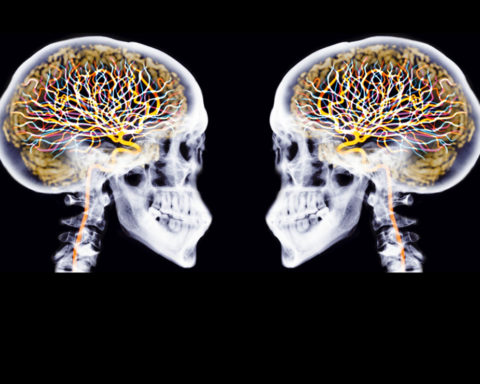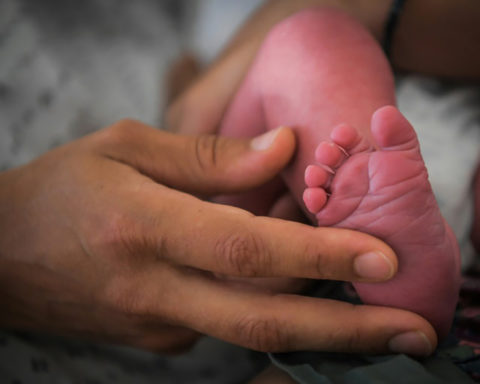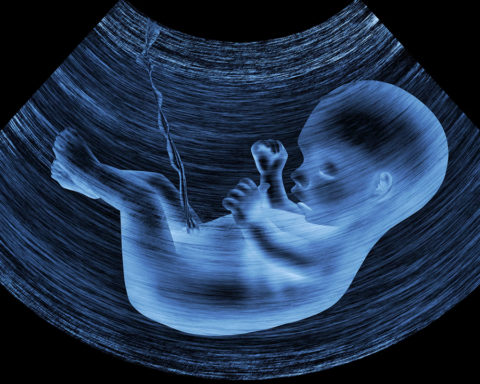Scientists from one of the world's leading epidemiology centres, the American Johns Hopkins University, have just published an article that opens up unexpected prospects in these gloomy epidemic times. They explain how viral antibodies, contained in the blood serum of patients cured of coronavirus, could then be injected into other people, offering them short-term protection. This medical remedy - called passive antibody therapy - dates back to the late 19th century and was widely used during the 20th century to help stem epidemics of measles, polio, mumps and influenza. It could be a crucial and practical tool today in the fight against COVID-19, especially since these antibody-based therapies could be made available on an emergency basis.
Antibodies are proteins that the immune system makes to deactivate pathogenic vectors: bacteria, toxins or viruses. The idea of injecting these antibodies, present in the blood of infected but cured people, into other sick or frail individuals to help them protect themselves from disease, is not new. The very first Nobel Prize for Medicine was awarded in 1901 to a German doctor, Emil von Behringwho had developed "serotherapy", a treatment using plasma from cured patients. The technique was widely used in the early 20th century to stem epidemics of measles, polio, mumps and influenza. With the advent of antibiotics in the 1940s, the technique was consigned to oblivion in the history of medicine.
A therapy that could be deployed very quickly
But just as it has helped us in the past, this type of treatment could return to the forefront and become a crucial and practical tool today in the fight against COVID-19. That's what a team from Johns Hopkins University said March 13 in a new study. One of the authors, immunologist Arturo Casadevall says: " Deploying this option requires no research or development. It could be deployed within a few weeks because it is based on the usual practices of blood banks. ".
For treatment to be effective, coronavirus patients will need to donate blood after recovery from COVID-19 and during convalescence. During this phase, blood serum contains large amounts of natural antibodies produced to fight the coronavirus.
Once the body produces them in response to pathogens, these antibodies can remain circulating in the bloodstream for months or even years after an infection. But these antibodies are not only useful to the person being healed. If we extract and process them, the antibodies can be injected into other people for short-term benefit; this could be used for patients at serious risk, uninfected family members of an infected patient, or to boost the immunity of medical staff in the event of increased exposure to the pathogen.
" Passive administration of antibodies is the only way to provide immediate immunity to susceptible individuals. "the researchers explain in their article. « Depending on the quantity and composition of the antibodies, the protection provided by the transferred immunoglobulin may last from a few weeks to several months. ".
Why not enjoy unlimited reading of UP'? Subscribe from €1.90 per week.
By using modern blood banking techniques - which can detect other types of infectious agents that may be contained in the blood - the therapy is likely to be of low risk to healthy people, the researchers say, especially compared to the threats inherent in the COVID-19 epidemic, for which there is currently no vaccine or drug available.
There will be a significant number of patients cured of coronavirus who will be able to provide blood...
In this context, the team proposes that the use of convalescent sera be considered as an emergency response to help protect against COVID-19, just as it has been tested against other coronavirus diseases of this century, including SARS1 and MERS. Of course, COVID-19, being a pandemic, is on a much larger scale than these smaller epidemics - but this sad reality will actually help in the manufacture of recovery sera: there will be many more patients cured of the coronavirus who will be able to supply their blood.
At the time of writing, more than 78,000 people have already recovered from COVID-19, according to the latest John Hopkins University statistics on the epidemic (which are updated almost in real time); their blood could easily help make vital antibodies for others, while other types of antiviral treatments and a much-needed vaccine are expected to take much longer to develop.
" In addition to containment and social distancing protocols, this may be our only short-term option for treating and preventing COVID-19, and we could start implementing it in the next few weeks, ' John Hultquist, director of intelligence analysis for the cybersecurity company FireEye, states Mr. Casadevall.
Mike Ryan, the head of the WHO emergency program, says that convalescent plasma is a " a very important area of research to be conducted as a potential treatment for Covid-19 patients. It needs to be administered at the right time because it wipes the virus out of the system and gives the patient's immune system a vital boost when it is needed most. "
This technique has been used by Chinese doctors in their fight against coronavirus. In February, doctors in Shanghai set up a special clinic to administer convalescent plasma to screen patients newly infected with the coronavirus. " In China, we have had only unofficial reports of encouraging results. Nothing has yet been published " Katie Bays, co-founder of the consulting firm Sandhill Strategy, said Greg Poland, a physician, and infectious disease expert at the Mayo Clinic in Rochester, Minnesota. " But this approach is certainly worth a try. ".
Moreover, on March 12, the Chinese daily Global Times announced that a plane had taken off from Shanghai for Rome with medical personnel on board and " 31 tonnes of medical equipment, including plasma from patients cured of coronavirus, to help Italy fight the COVID-19 pandemic. ".
The drug race
Several laboratories are working on treatments inspired by this technique. This is the case of the Japanese company Takeda , which already manufactures a drug called intravenous immunoglobin, or IVIG, which can be used to treat patients suffering from immune disorders. These are antibodies of all types, purified from the blood plasma of healthy people. Giving antibodies in this purified form is easier because it requires a much smaller volume of treatment; it is safer because there is no chance of transmitting other viruses, and it is more effective.
With his new treatment, TAK-888, Takeda hopes to create an IVIG from the blood of people who have been infected with the coronavirus and have recovered. This could create treatment or prophylaxis relatively quickly. It may not be necessary to go through Phase 1 studies to demonstrate basic safety, or larger Phase 3 studies to demonstrate efficacy. This means that the treatment may be available more quickly.
Another lab, Regeneron, is working with Sanofi on a mixture of antibodies made to attack the coronavirus. Vir Biotechnology,another U.S. biotech company, announced that it has signed a collaboration with China's Wuxi Biologics to develop a similar approach.
To fight against disinformation and to favour analyses that decipher the news, join the circle of UP' subscribers.
The convalescent plasma technique raises hopes, but how does it compare with a vaccine? The principle of a vaccine is to present weakened or dead microbes - or even microbe fragments - to the immune system so that it can learn to make its own antibodies. Vaccines work by teaching the body to make its own antibodies against an infectious agent without a person ever becoming infected. That's why they are among the most powerful weapons in public health.
But Geoffrey Porges, an analyst at the investment bank SVB Leerink, which worked in Merck's vaccines division in the 1990s, said he believes that creating a vaccine may be more difficult than companies expect because understanding the mechanisms of this coronavirus is simply not yet fully mastered. You have to have some kind of fundamental understanding of the immunology and the virus before you can develop a vaccine" he said.
Many companies, including the biotechnology company Moderna and the major pharmaceutical companies Johnson & Johnson and Sanofi, are working hard to develop a vaccine quickly. But their research will not be completed for months or years. That's why convalescent plasma could be our first-line defence for people with Covid-19, especially those who are older and at much higher risk of complications.
In any case, all avenues of treatment against the coronavirus, whether antiviral drugs such as remdesivir, vaccines or plasma injections, are currently useful and must be pursued to the fullest extent as the urgency of winning the war against the coronavirus grows every day.


